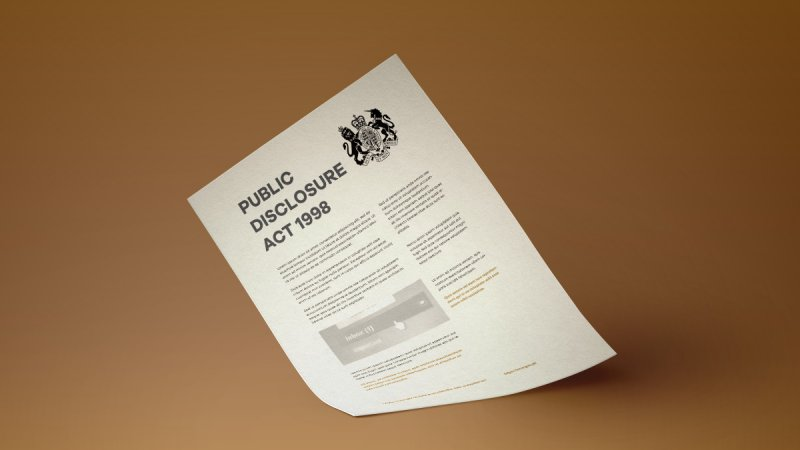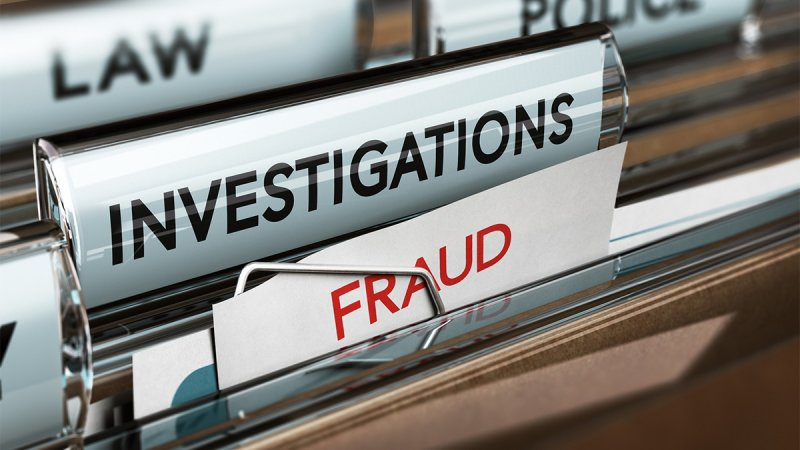How Do I Whistleblow?

Whistleblowing is where a worker reports misconduct in order to protect the public. The complaint must be based on your honest perceptions, made without malice and not personal. Essentially, as soon as you have offloaded your concerns and passed on all of the relevant information, the investigation is out of your hands. Whilst this means […]
Can a Whistleblower Remain Anonymous?

Related Courses As long as they fall into a prescribed category then yes, whistleblowers can remain anonymous. Whistleblowing is where workers report misconduct within an organisation which they believe has the potential to endanger the public. This may be criminal activities, environmental damage or health and safety threats, for instance. Concerns can be reported to […]
Are Whistleblowers Protected?

The majority of whistleblowers receive protection under the Public Interest Disclosure Act 1998. The Act sought to eradicate victimisation of whistleblowers by their employers and prevent their inappropriate dismissal. Organisations are gradually developing whistleblowing cultures in which it is acceptable, possibly bordering on expected, that workers will report misconduct at work. This helps to protect […]
What Is Fraud Management Training?

What is Fraud Management Training? Fraud has been increasing in recent years, especially within the business world. If an employee or a business has been found guilty of fraud following investigation, the business will be subject to severe repercussions administered in alignment with the UK Fraud Act 2006. Therefore, if a company wants to achieve […]
What is Fraud Investigation?

Related Courses A fraud investigation is conducted with the intention to protect and offer justice to the victim of a fraudulent offence, and in turn to punish the fraudster responsible for the offence. Fraudulent crime has been rising, and now as an attempt to deter individuals from practicing fraud, the fraud investigation process has intensified […]
What is Fraud by False Representation?

Fraud by false representation is dealt with in Section 2 of the UK Fraud Act 2006, due to the recent increase in fraudulent crimes conducted in this manner. Fraud by false representation involves an individual consciously being dishonest in their account of a certain situation in a way that gains a favourable outcome for the […]
What is Financial Fraud?

Financial fraud is the considerable offence of hacking another individual’s financial transactions or accounts, for a fraudster’s gain. Fraudsters who commit these offences are well-trained and aware of how to receive the highest reward from a transaction. Financial fraud is increasing and therefore it is essential for individuals to protect their financial information from the […]
What is Cyber Fraud?

Our Information Security Courses Cyber fraud is the most common and threatening form of fraud which takes place internationally. The cyber world has been expanding and growing throughout the twenty-first century, allowing fraudsters to hack victims’ personal and financial information in a variety of ways. Fraudsters can use the information which they gather to then […]
What is Corporate Fraud?

The term “corporate fraud” has two possible meanings. It can be the fraudulent offence either conducted by a company or a fraudulent offence committed against a company. A corporation can conduct fraud through various means to protect itself against audits and to enhance its reputation in the industry. Alternatively, a corporation can fall victim to […]
What is Benefit Fraud?

Benefit fraud is the conscious act of claiming a benefit which you are not legally entitled to. This can be achieved through either lying about your personal information or failing to inform the government regarding a change to your situation. There are a vast range of benefits which an individual can claim, and therefore benefit […]


